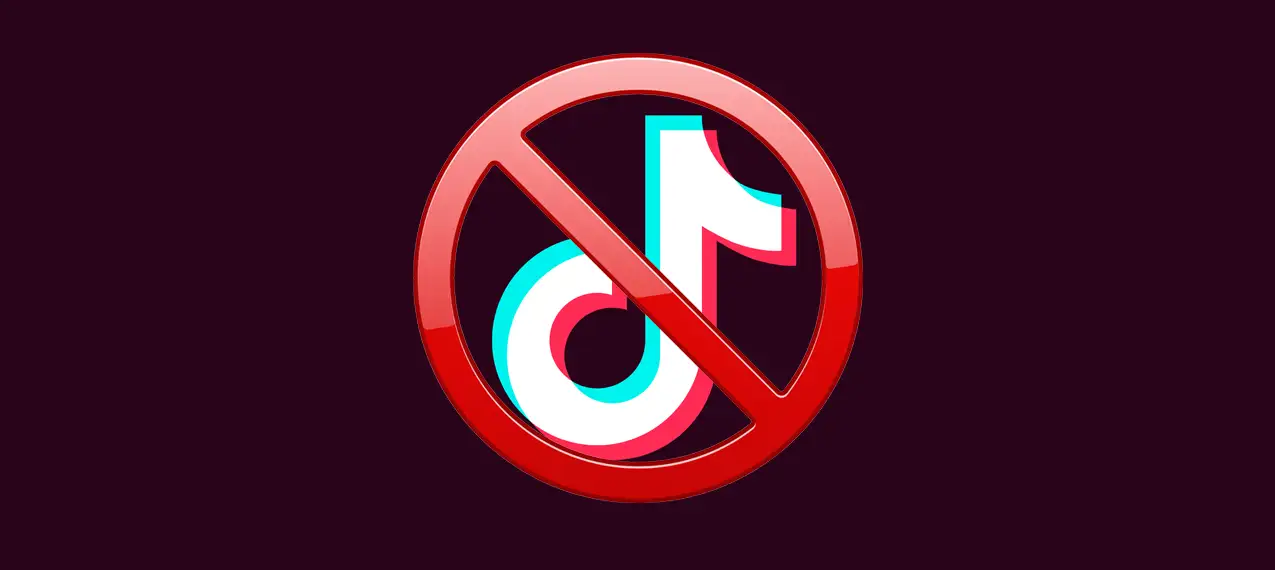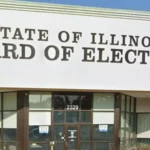
The Supreme Court has unanimously decided that the Protecting Americans from Foreign Adversary Controlled Applications Act (PAFACA), also known as the “TikTok Ban,” does not violate the First Amendment. The Court’s decision will allow the ban to take effect on January 19, 2025.
The act bans social media platforms controlled by foreign adversaries unless that control is severed via divestiture. TikTok, a social media application owned by the Chinese company ByteDance, fell under the purview of this law. The Government argued that TikTok’s widespread use in the U.S. poses a national security risk as the app sends sensitive user data to China. That data could then be used to harm Americans and endanger national security.
Applying intermediate scrutiny, the Court rejected TikTok’s arguments that the law violated its First Amendment rights. The Supreme Court ruled that PAFACA satisfied this standard meaning the law furthered the Government’s interest in keeping user data secure from China while not burdening speech more than is necessary. TikTok wanted the Court to apply a higher level of scrutiny to the law and deem it constitutionally permissible only if it was both narrowly tailored and served a compelling governmental interest.
Justice Gorsuch, perhaps the bench’s most vocal defender of TikTok during oral arguments, surprisingly joined the majority’s opinion. His “tentative” concurrence with the decision stressed that TikTok’s ability to access any user data, especially that of nonusers, was particularly problematic. The law, he argued, was based on a “compelling interest” and was as narrowly tailored as it could be to address that concern.
The Court made its decision on a tight timetable. This ruling comes less than a month after TikTok sent its initial emergency application for relief to Chief Justice Roberts. TikTok and the Government argued before the Court only a week before it issued this opinion.
This decision leaves over American TikTok users uncertain of the platform’s fate. TikTok could still avoid the ban by divesting from ByteDance before the January 19 deadline, but such a massive sale seems unlikely in this short time frame. TikTok itself has insisted that divestiture is off the table, as the app’s algorithm relies on proprietary Chinese software, from which it would be severed in the event of a sale. Ironically, hordes of TikTok fans have already migrated to another Chinese-owned social media app: Xiaohongshu, or RedNote in English. Reuters reports that more than 3 million new users have joined over the last couple days.
President Biden, who is set to leave office one day after the ban takes effect, has already declared that he will not enforce it, instead leaving the Chinese app’s fate up to President-elect Trump.
SUPPORT LANDMARK LEGAL FOUNDATION
We are truly facing existential threats to our individual rights and liberties, the Constitution, and our national character. If unchallenged, this assault on our very way of life will ruin our great nation. With your financial and moral support, Landmark is not going to let that happen without a fight. Will you join us?
JOIN OUR MAILING LIST
Never miss an update from Landmark Legal Foundation as we continue the fight to preserve America’s principles and defend the Constitution from the radical left.
Landmark will NEVER share your contact information and we will not flood your inbox.





